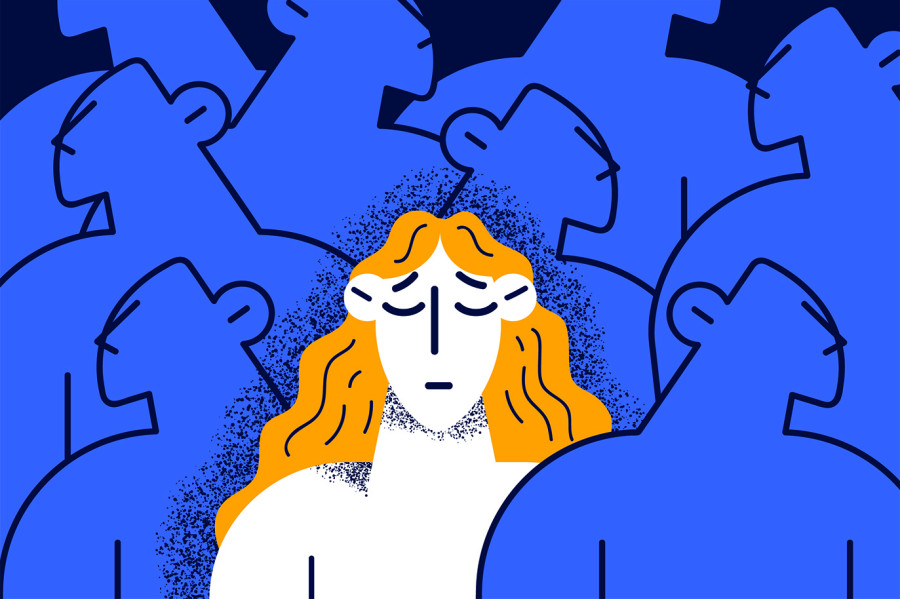Culture & Lifestyle
Feeling helpless is inevitable. But you can overcome it
Constant feelings of helplessness can lead to a vicious cycle of reduced motivation, inaction and dependency.
Dipesh Tandukar
Have you ever been in a situation where you felt like there was nothing you could do? Do you sometimes feel as if you have no control over certain events? Do you blame yourself for not being able to do anything? And do you feel that no matter how hard you try, things never seem to work out the way you want? If you answered ‘Yes’ to these questions, then what you experienced at those particular moments was the feeling of helplessness.
Our daily lives require that we interact with different scenarios. We place ourselves in different situations, some willingly, some forced upon us because our lives involve doing things we would rather not do.
All this happens regularly, and it is completely normal, but the slow and crippling feeling of being helpless towards situations comes when we are constantly placed in stressful situations that we would rather avoid. And over time, we come to believe that we are unable to control or bring any sort of change in the situation even when there are opportunities available.
When we hear about an individual’s hardship and how they react to it, we are quick to give them a list of things they could have done better. We wonder why they didn’t react in such a way. What we don’t realise is that the feeling of helplessness impairs the cognitive capacity or the thought process of individuals. Being constantly placed in situations where they feel as if they have no control causes individuals to learn at a subconscious level that situational outcomes are beyond the voluntary responses they may have.
Learned helplessness is one of the reasons why we see so many cases of people falling into depressive states. This helpless feeling can be one of the many factors that induce low self-esteem and anxiety, which can perpetuate into a vicious cycle of reduced motivation, inaction and dependency.
Think back to the moments where you felt helpless, what kind of situation were you placed in? Was it the constant pressure from your superior at the workplace? Was it the constant nagging from parents and relatives? Or were you unable to reconnect with a friend or loved one after a fight? Regardless of what causes one to become helpless, it is there to stay unless action is taken. The main solution to learned helplessness is action. But how do we achieve that?
Honestly, the answer is easy but difficult simultaneously because inaction makes breaking out from this vicious cycle challenging. It is a self-perpetuating cycle.
However, if you have recognised that you are feeling helpless and would like to change that feeling, you have to start by challenging your thoughts. You have to question why you are feeling the way you do and what is causing you to feel such misery. Is the situation momentous? Is it a situation that you can avoid altogether? Does the situation need confrontation? Is the situation persisting and will only cause you more problems? You have to be able to answer these questions in your own time. By coming to terms with the answers, you can confront the main question; Until when should I feel this way?
Is there something that I can’t change, or am I holding myself back from doing something? You have to look inward and answer what you truly want.
Yes, these questions are tough, but breaking out of the status quo that you have maintained for such a long time requires that you answer them and break out of the mould and begin anew. Of course, the love and support from your loved ones and even going to a counsellor or therapist can make this process comparatively quicker and easier than tackling it alone.
But, the main thing one has to do is decide for themselves just what they want. And if you see someone struggling, lend an ear and listen. You might help someone on their journey of healing.




 8.4°C Kathmandu
8.4°C Kathmandu















